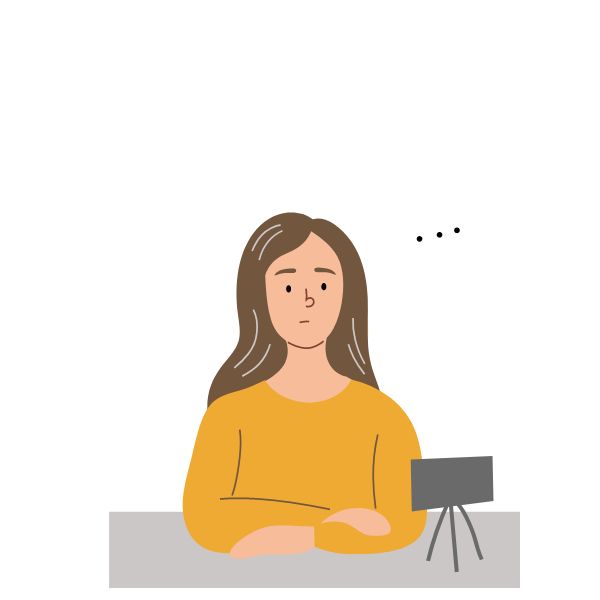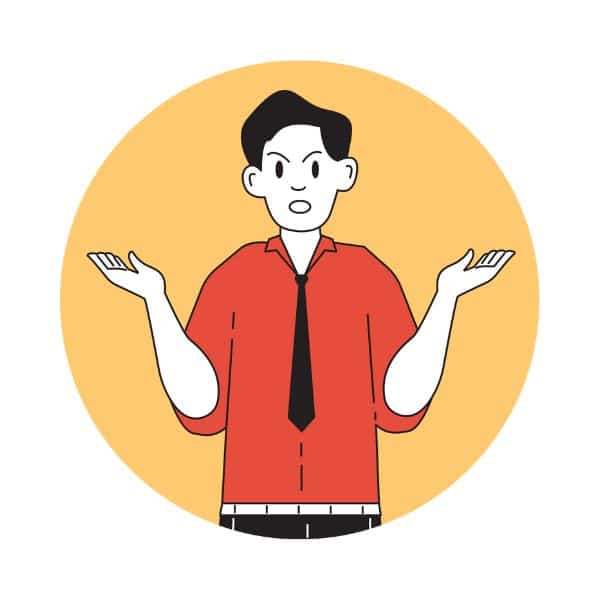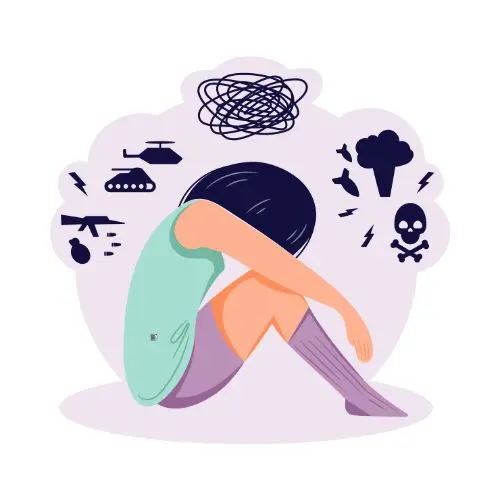Introduction
If one grows up with trauma in one’s life, it can create a “survival mode” of sorts to aid in coping with the pain. This may be very beneficial to get through times like that, but it may also bring you further down the lifeline. If trapped in survival mode, you can leave and live a more peaceful, fulfilling life. We will To Get Out Of Survival Mode From Childhood Trauma.
The confused state of an individual is when a fight and flight response sets in to deal with apprehensive scenarios led by over-awareness and arousal. A threat arouses the “fight or flight” response. However, our chances of survival are better because we commit impulsive decisions and take risks in survival mode. However, the chances are that we get angry with people and become aggressive. This is because the survival mode is designed to defend ourselves from threats.
What is survival mode?
In survival mode, your brain is supercharged, works, and releases stress in dangerous situations. These are the actual danger points in a war zone or natural disaster. Of course, they can also be less direct, such as those caused by a high-pressure job or disputes at home.
We are stuck on the thought of surviving as our safety hinges on the best possible decisions. This, in particular, may bring problems in the form of puzzled thinking, indecisive behavior, and memory loss. This is also the actual situation when you get problems not only in your mind but also physically; for example, a weak immune system that results in diseases and fast heartbeats, and hypertension that results in high blood pressure.
Living in the limbic system will only indulge in a few days of anarchy; imagine what will happen in the long run. This is why if you truly live in survival mode, cutting stress and anxiety becomes the major point of your life so that you can live a happy, quality life and stay healthy.
How do I remove myself from survival mode?

We are all born with a natural response of flight or fight in our nervous systems. This mechanism is set for good survival in times of danger. Feeling threatened, your body automatically enters survival mode and releases stress hormones like adrenaline and cortisol.
For some, this response will be more easily ac activated. If you were reared in a chaotic and abusive environment, you’ve probably developed a hyperactive sense of anxiety that sends your body into survival mode—but way too often. This can leave you feeling constantly on edge, worn out, and unable to relax.
It is important to recognize that if you are stuck in survival mode through no fault, you did not choose this lifestyle; people cannot control how their nervous system is wired to stress. But there are things you can do to help your body and mind feel better and relaxed.
Here are some tips for how to get out of survival mode:
- Identify your triggers.
Identify what makes your body go into survival mode so you can start avoiding or handling these triggers. Examples include money, relationship problems, health concerns, and work stress.
- Try relaxation techniques.
Several relaxation techniques will help calm your mind and body. The most important ones include yoga, meditation, and deep breathing exercises
- Seek professional help.
If you are spiraling deep into hopeless despair over the way things flow concerning your capacity to handle stress and anxiety, then maybe it is worth seeking help from a professional therapist. The therapist will help you track and deal with your triggers and instruct you on how to cope with anxiety healthily.
- Make lifestyle changes.
Healthy lifestyle alterations can also help reduce the levels of stress and anxiety. A healthy diet, regular exercise, and adequate sleep are essential for controlling stress.
- Seek social support.
Spending time with friends and family will help you relax and feel safe. Share what’s going on in your life with a person who will understand you.
If you’re struggling to get out of survival mode, remember that
How does it affect us?

A major incidence of trauma may really have the potential to leave deep, long-lasting effects on our lives. It may trigger feelings of isolation, anxiety, and even depression. Sometimes, it may reflect in our physical health too.
With trauma, one feels like they are always in survival mode. In that case, the body will always be under stress, giving rise to numerous health problems.
Survival mode is how your body tries to protect you from further damage. If you’re operating out of survival mode, you will constantly be on the lookout for danger. You might feel like you are hypervigilant, always on edge.
It can also put us into survival mode and dissociate from our emotions. This means we may be numbed out of feeling anything or experiencing it differently. For example, feeling numb when we’re supposed to be happy or rageful when we’re supposed to be sad.
More serious problems arise in cases where people distance themselves from their feelings. These may include issues regarding interpersonal relationships, failures at work, and sometimes even depression.
If you believe you might be suffering from the impact of trauma, definitely seek help. There are many good and effective treatments these days: cognitive behavioral therapy, eye movement desensitization and reprocessing (EMDR), etc. They can start assisting you in working through the trauma and contributing to your recovery.
What are the effects of survival mode on my life?

Our brains are wired to keep us safe. If bad things happen, our brains shift into survival mode. It keeps us clear of trouble. But if bad things go on and on happening, then the brain just stays in survival mode. You start feeling afraid and worried all the time. It interferes with our lives, works, and emotions toward life.
Upon survival mode, we can still all the time feel that danger is imminent, even if it is not there. That can be distressing, strongly affect attention and memory, and even cause a lack of sleep. We become edgy, find it hard to settle down, and can become irritable or short-tempered.
It would be best, therefore, to consult a therapist or counselor who will guide you through your trauma and will, therefore, prepare you with some coping mechanisms for anxiety if you happen to be caught in survival mode. In the meantime, here are a few things you can do to make things a little easier:
• Deep breathing or other relaxation techniques can help you relax.
• Exercise regularly.
• Get enough sleep.
• Avoid alcohol and drugs.
• Eat a healthy diet.
• Connect with supportive people.
Taking steps to care for yourself will not only help you feel better in the moment but will also help you to build the resilience you need to heal from your trauma and move on with your life.
Can I heal myself from childhood trauma?

You know, dealing with trauma from your childhood is tough. As kids, we depend on the adults in our lives to take care of us – for food, shelter, safety, love, all of it. But sometimes, things go wrong at home in various ways.
Maybe the people who were supposed to protect you hurt you instead, neglected you, or couldn’t be there properly because of their stuff. And that mess can mess a person up, you know? It can lead to what’s called “complex trauma,” and that ish is no joke.
So don’t be surprised if, as an adult now, you’re still dealing with trust issues or trouble forming close bonds. Managing feelings day to day could also feel harder than it should. It may have even caused anxiety, depression, or PTSD.
But here’s the good news – healing IS possible. You can learn to trust people again and have healthy relationships. There are therapies, coping tools, and resources to help work through it all. And you don’t have to go solo – talking to your doctor or a counselor or connecting with others who get it can provide support.
Slowly but surely, you can overcome the past’s power over you. Facing what happened head-on, being kind to yourself, focusing on self-care – it all leads to freedom from that childhood pain. The journey is different for everyone, but change is achievable with time and effort. You’ve got this!
Conclusion
This childhood trauma can hold us down in survival mode, yet we have the power to break free and recover. Recognizing what triggers it, working on relaxation techniques, seeking professional help, changing our lifestyle, and engaging in social activities will help us regain our lives and rest peacefully. Indeed, healing from trauma is just as possible as getting over its effects through therapy, support, and self-care.
Read Also: How To Carry Yourself With Confidence

